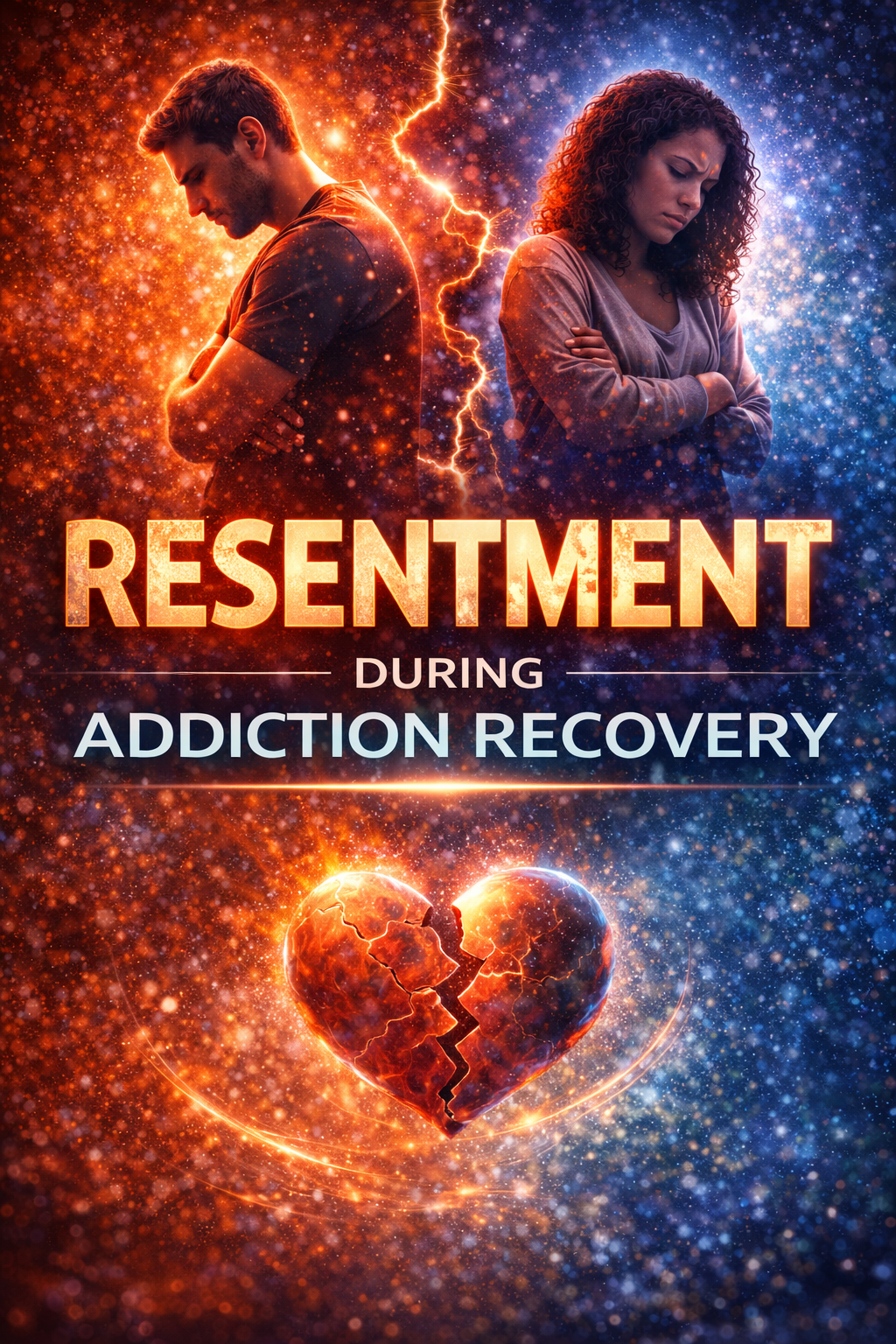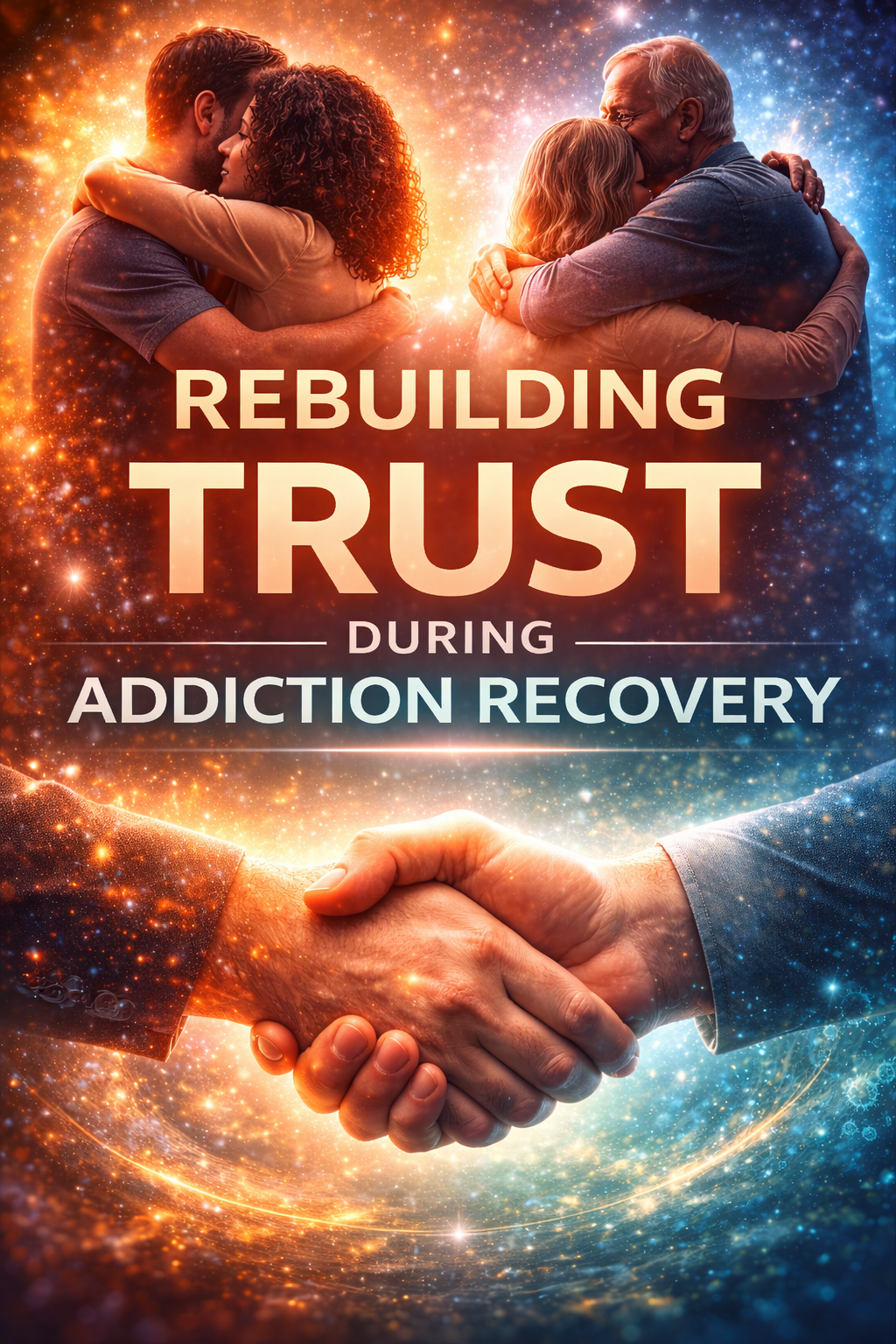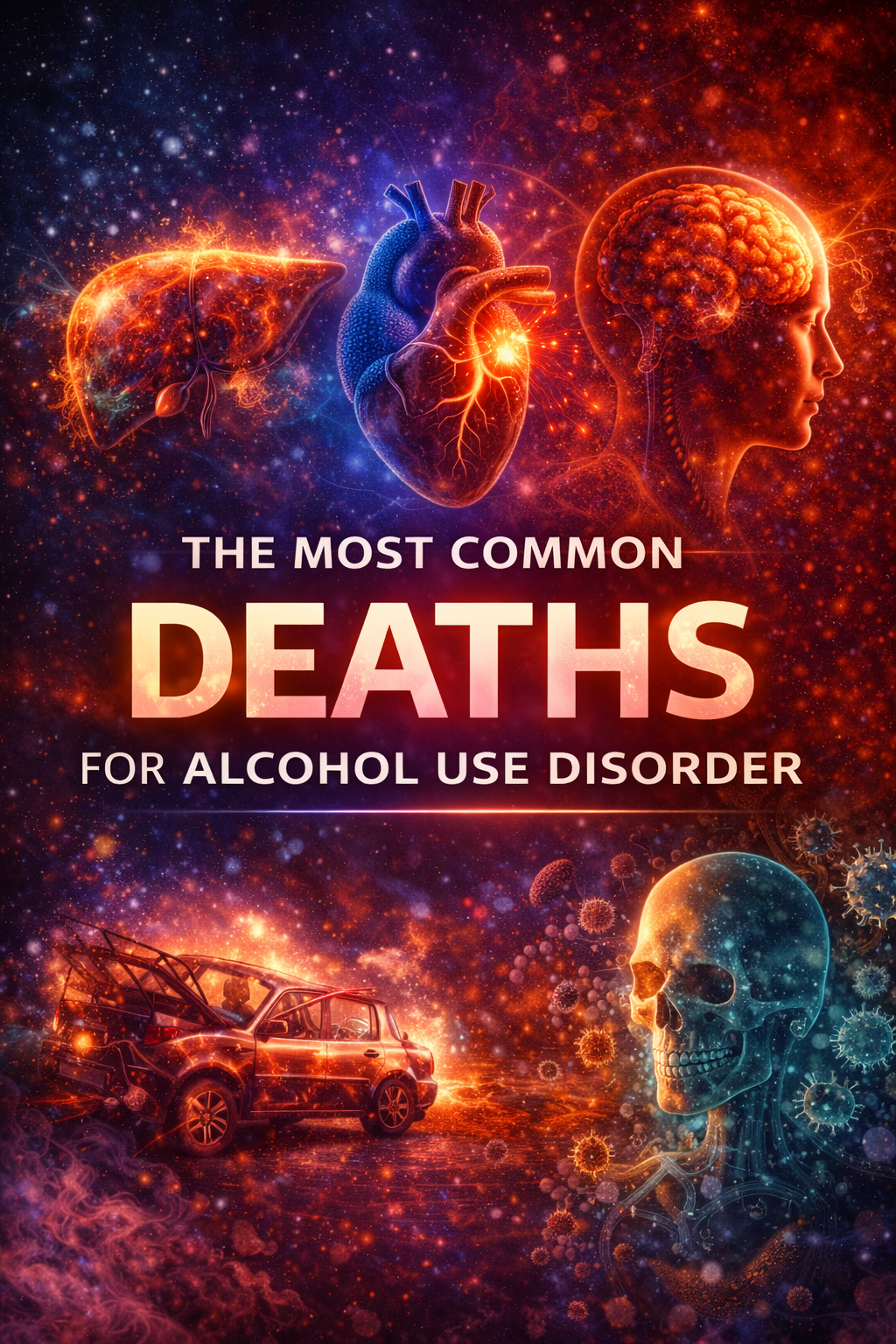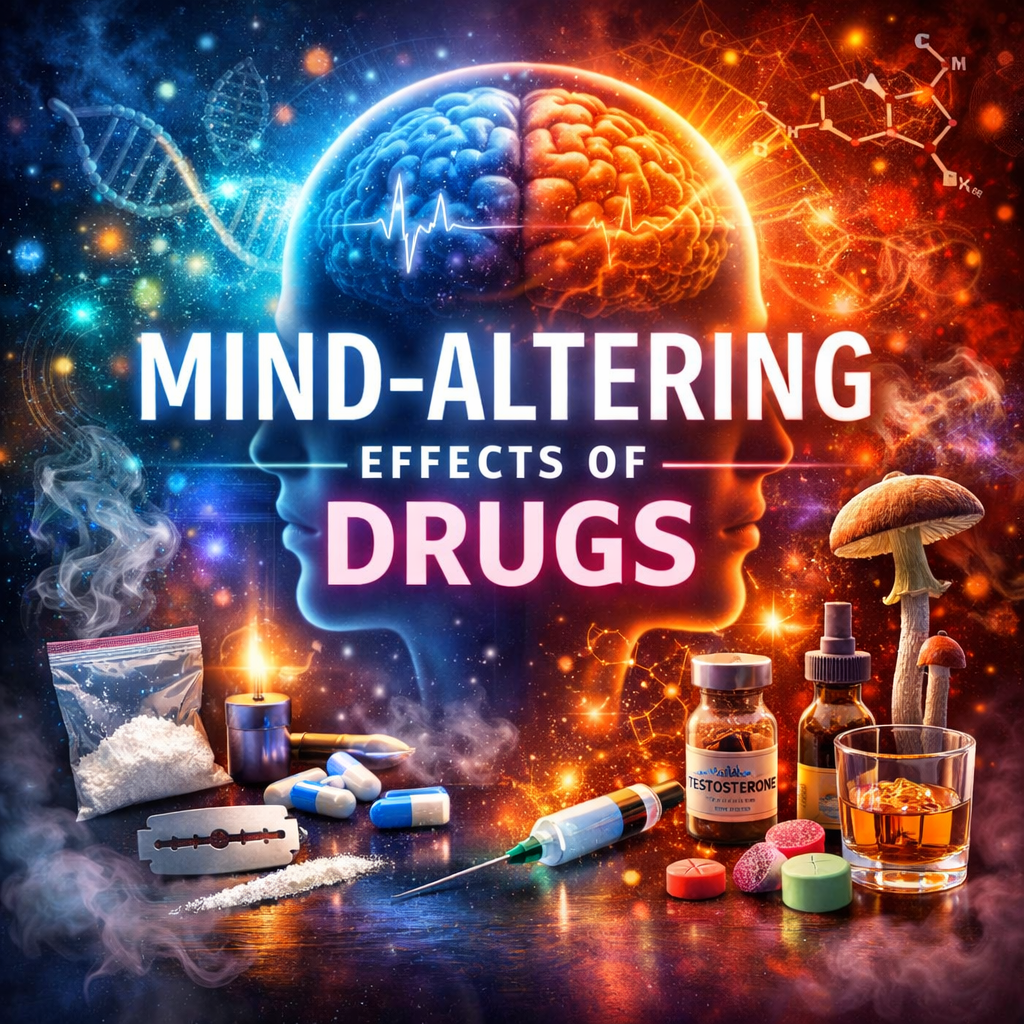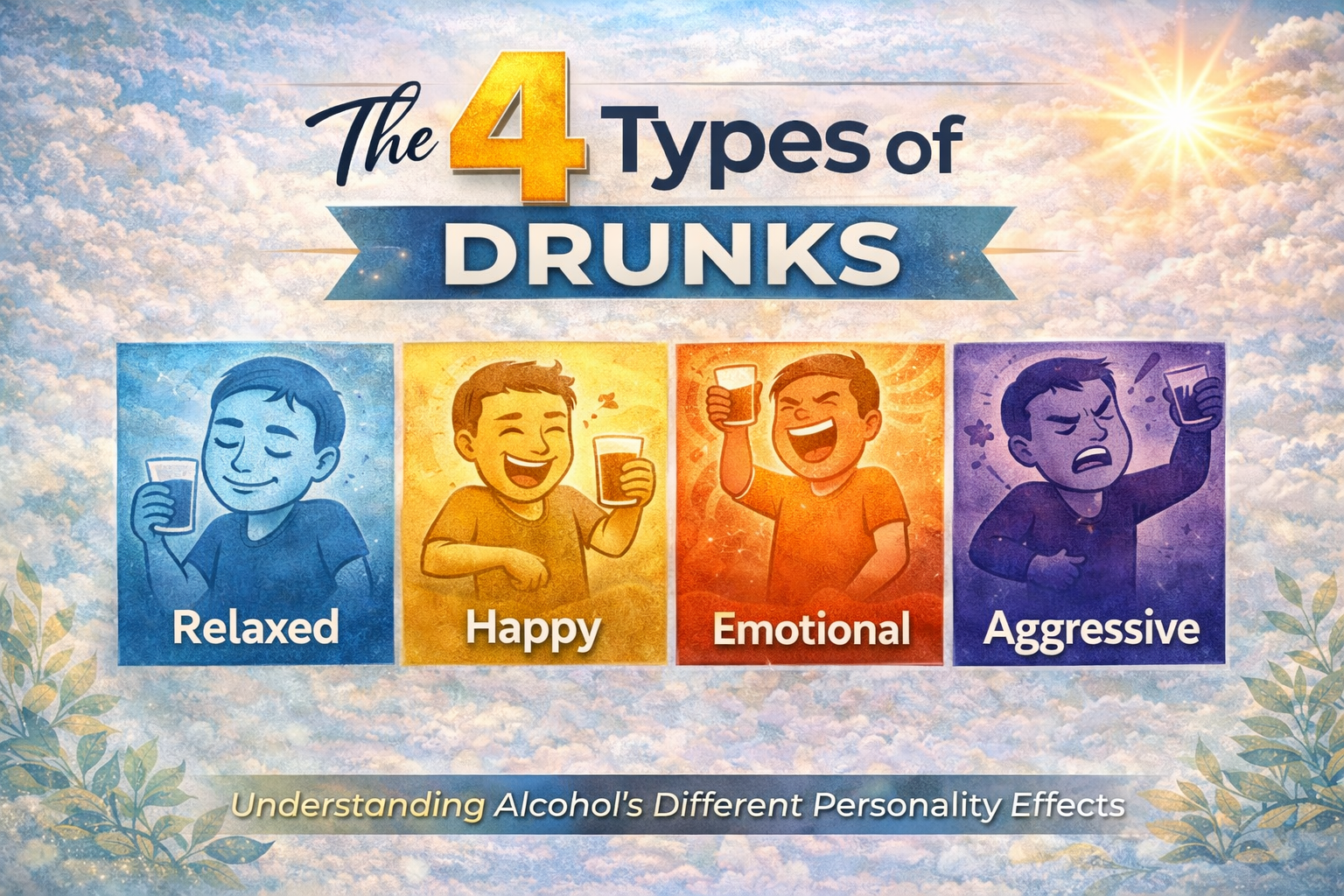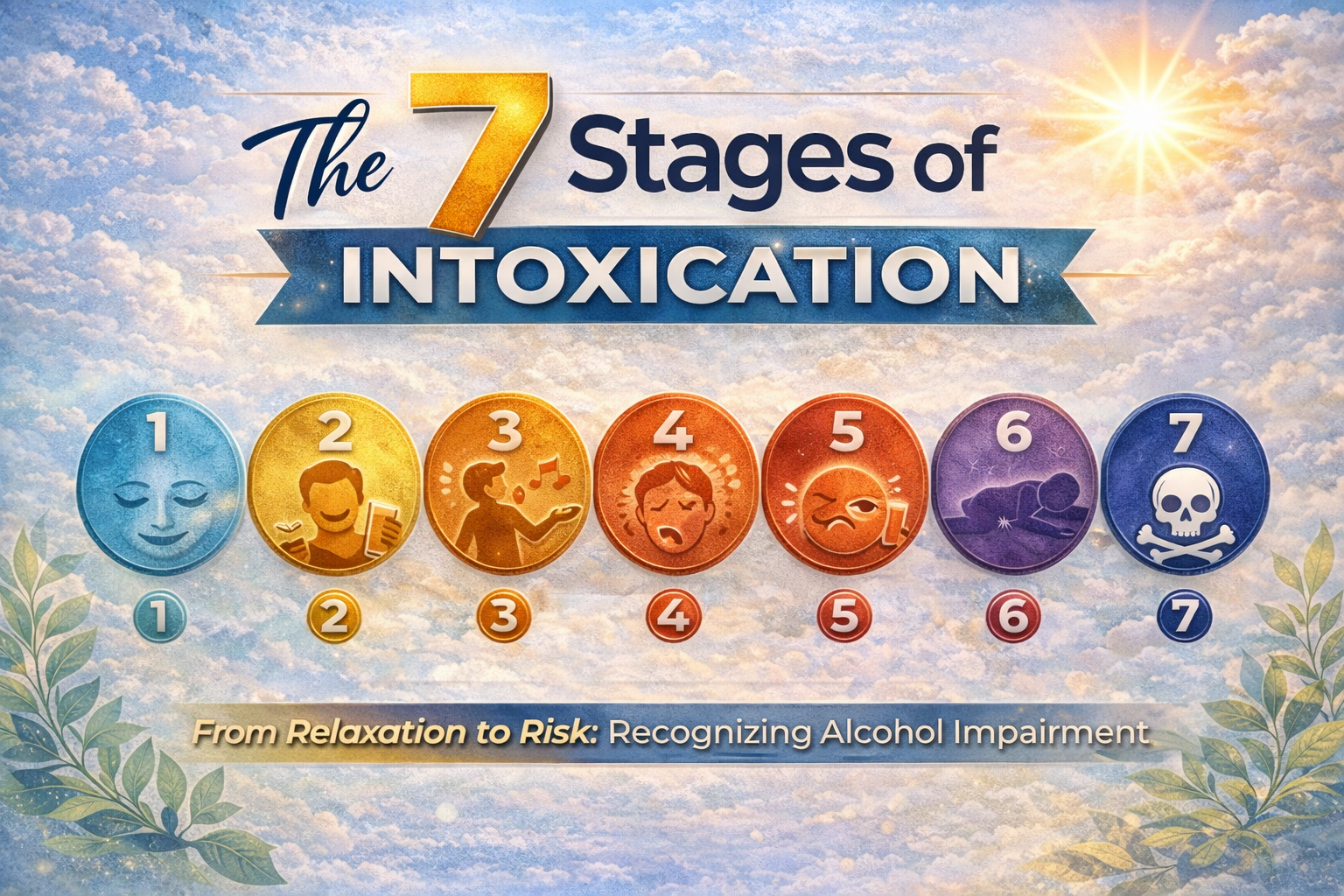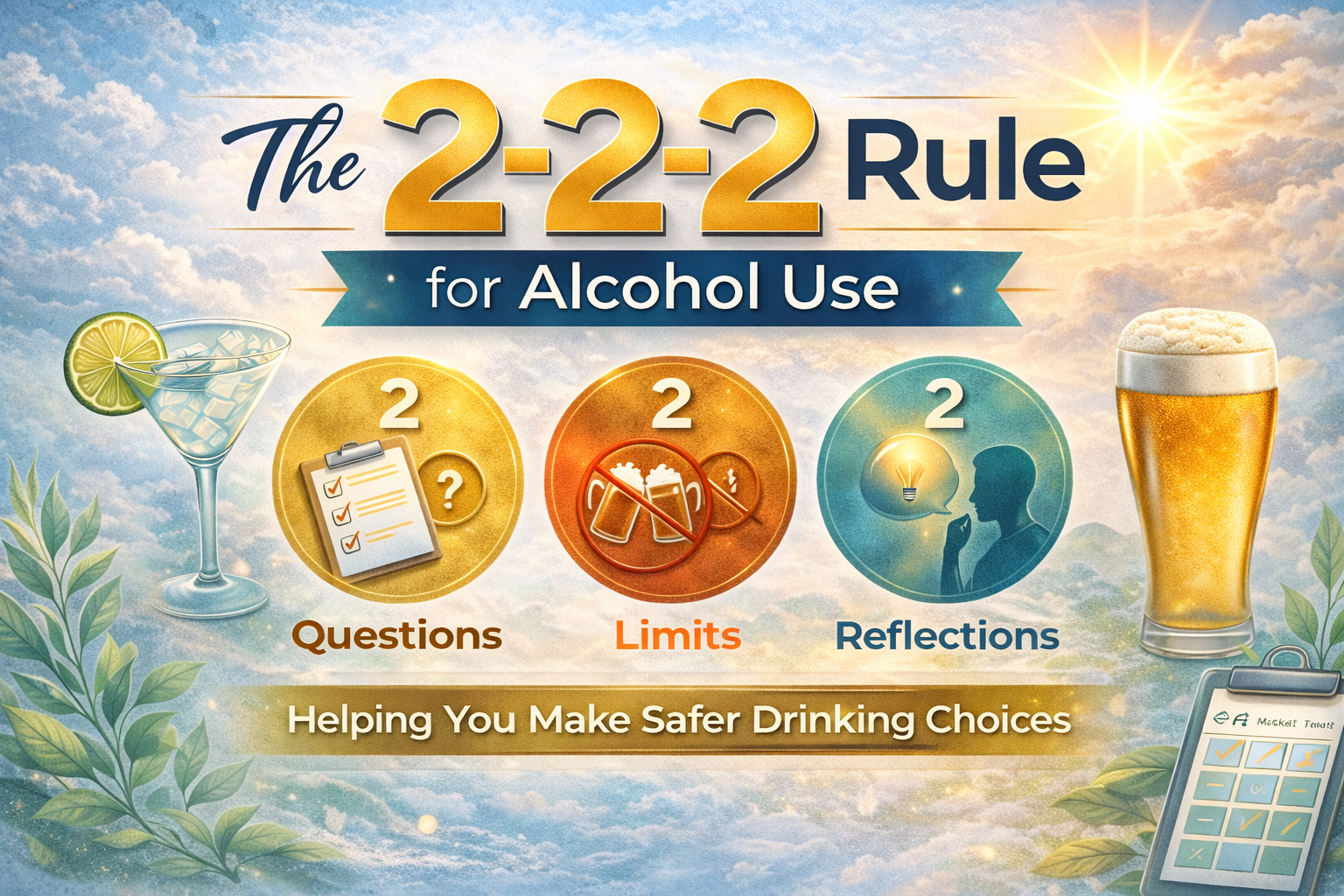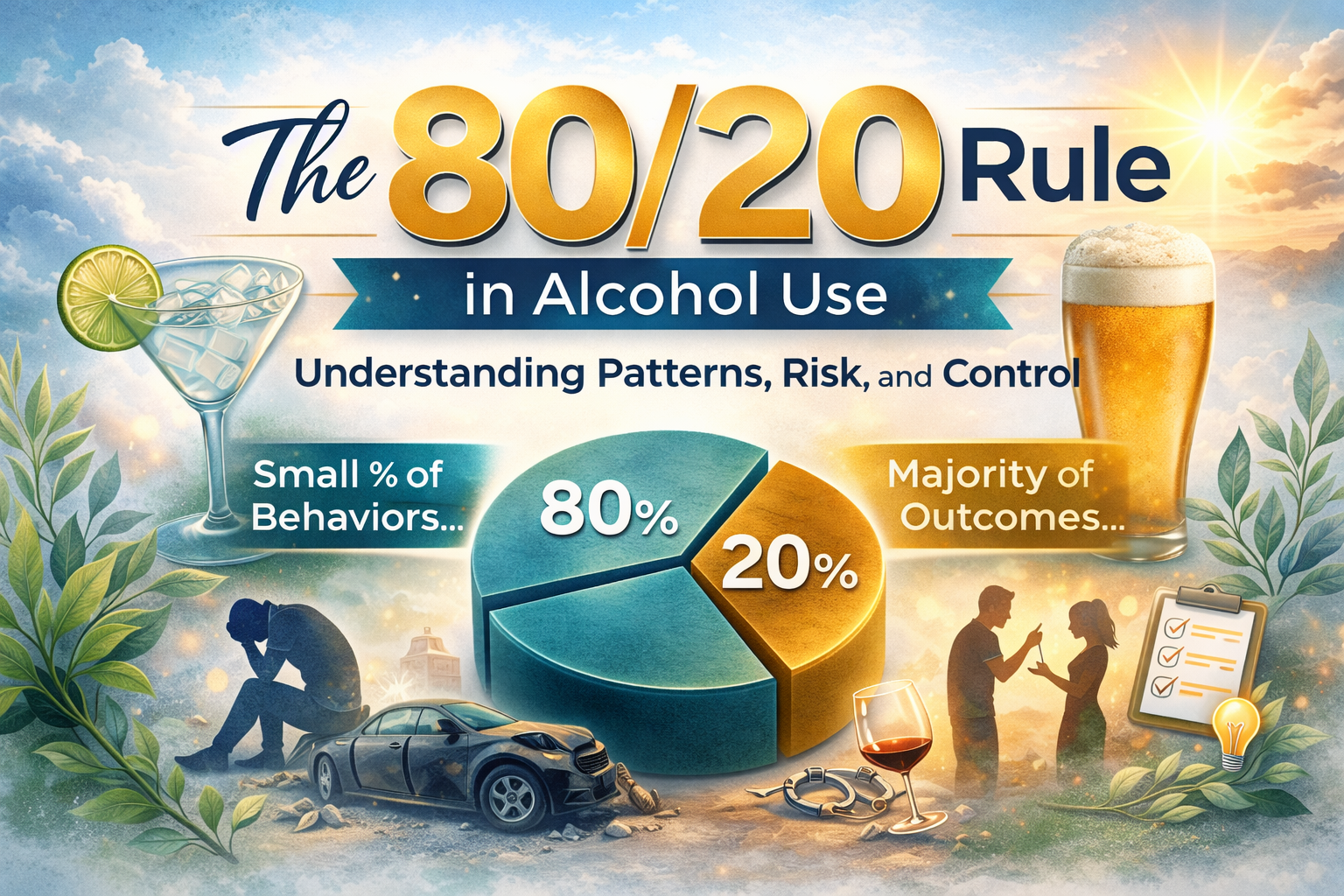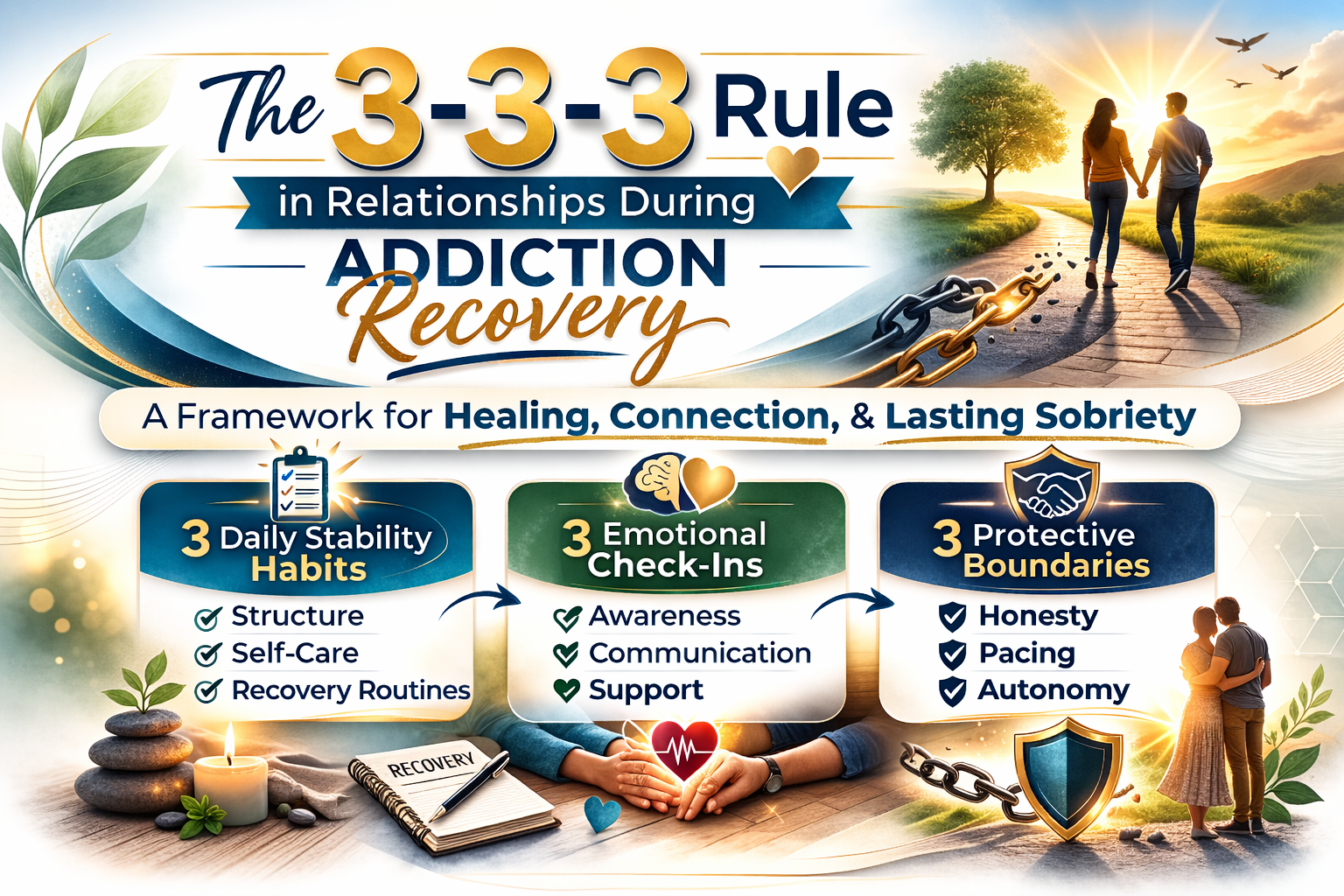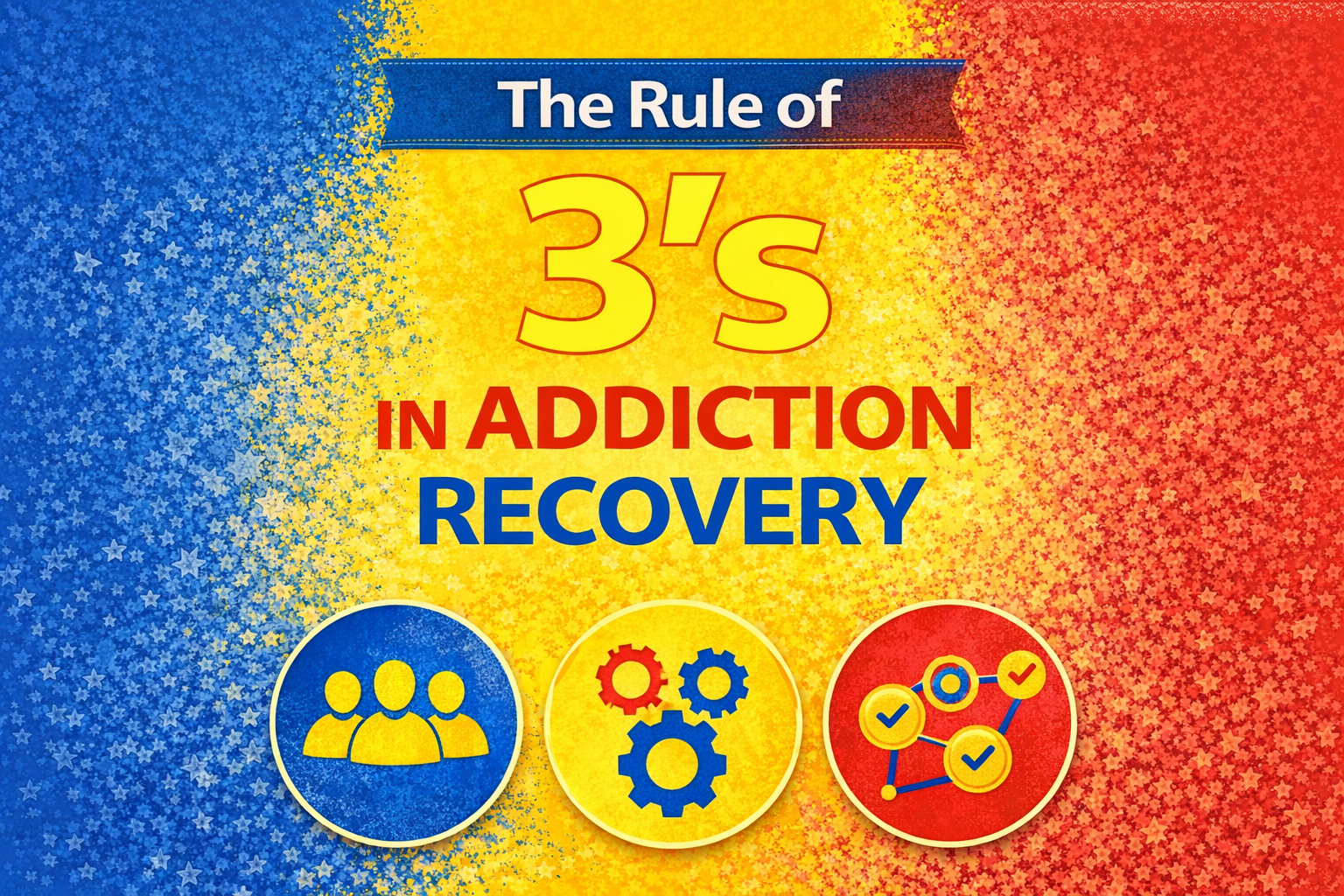Healing Resentment in Recovery
Resentment is a common emotional experience during addiction recovery, often rooted in past pain, broken trust, guilt, or unresolved conflict. While it is a natural reaction to difficult experiences, resentment can become a barrier to healing if it is ignored or suppressed. It may intensify stress, trigger cravings, and keep individuals emotionally tied to the … Read more
